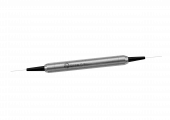Description
The RC Fiber Polarization Insensitive Isolator, part of the RCI Series, represents a pinnacle of engineering excellence, meticulously crafted to adhere to Telcordia standards. Employing an ingenious manufacturing process and an epoxy-free optical path design, this isolator showcases unparalleled power handling capabilities, making it an indispensable component in the realm of optical communication systems.
Beyond its technical prowess, it stands out for its reliability, high performance, and cost-effectiveness, embodying the perfect blend of innovation and practicality. With Grade A and Grade P options available, users can tailor its performance characteristics to suit their specific requirements, ensuring optimal outcomes in diverse optical applications.
1550nm RC Fiber Polarization Insensitive Isolator
Specifications
| Type Of The Device: | Isolator |
|---|---|
| Operating Wavelength: | 1550 nm |
| Max Power: | 0.3 W |
| Min Isolation: | 28 dB |
| Center Wavelength (λc): | 1550 nm |
| Max. Optical Power (Continuous Wave): | 300 mW |
Features
- Telcordia Standard: Engineered and manufactured to meet Telcordia standards, ensuring quality and reliability
- Innovative Design: Features a unique manufacturing process and an epoxy-free optical path design for enhanced performance
- High Power Handling: Capable of handling high optical powers, making it suitable for demanding applications
- Excellent Performance: Delivers low insertion loss, high isolation, and superior return loss for optimal signal transmission
- Wide Application: Ideal for use in Erbium-Doped Fiber Amplifiers (EDFAs), Dense Wavelength Division Multiplexing (DWDM) systems, optical sensors, and compact optical circuits
- Back Reflection Suppression: Effectively suppresses back reflection and scattering, ensuring clean and reliable signal transmission
Applications
- Erbium-Doped Fiber Amplifiers (EDFAs): Enhances signal amplification in fiber optic networks, boosting signal strength for long-distance transmission
- Dense Wavelength Division Multiplexing (DWDM) Systems: Facilitates the multiplexing of multiple optical signals onto a single fiber, increasing network capacity and bandwidth
- Optical Sensors: Utilized in various sensing applications, including temperature sensing, strain sensing, and acoustic sensing
- Compact Optical Circuits: Integral component in the construction of compact and efficient optical circuits for telecommunications and data transmission
- Fiber Optic Communication Equipment: Essential for ensuring reliable signal transmission and minimizing signal degradation in fiber optic communication systems
Frequently Asked Questions
What is the purpose of a polarization insensitive isolator?
What is the operating wavelength range of the RC Fiber Polarization Insensitive Isolator?
What is the typical insertion loss of the isolator at room temperature?
Can the isolator handle high optical powers?
What grade options are available for the isolator?
Is the isolator compatible with different connector types?
What fiber types are supported by the isolator?
What is the operating temperature range of the isolator?
How should the isolator be stored when not in use?
What applications is the RC Fiber Polarization Insensitive Isolator commonly used for?
Similar Products




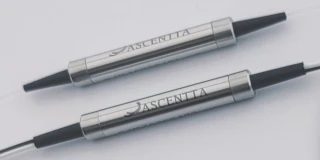

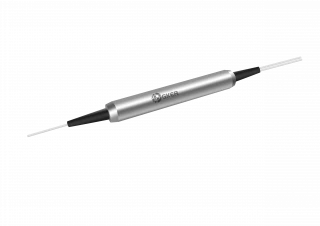
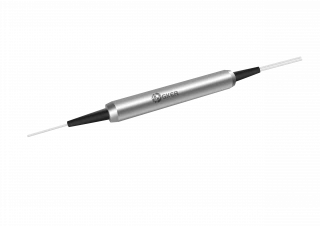
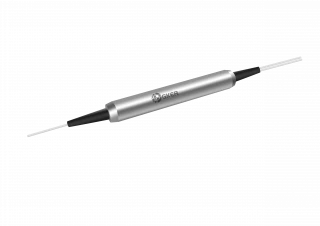
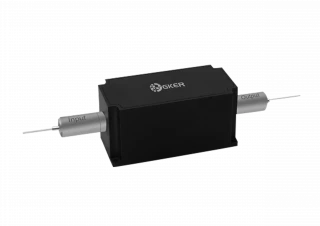
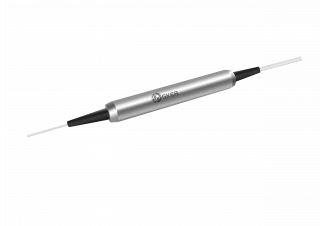
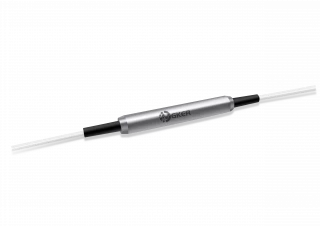
Your inquiry has been received.
Create an account by adding a password
Why create an account?
- Auto-complete inquiry forms
- View and manage all your past messages
- Save products to your favorites
- Close your account anytime — no hassle
